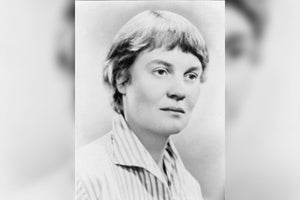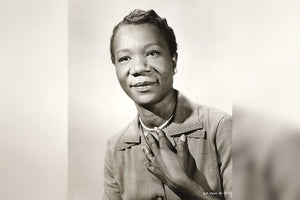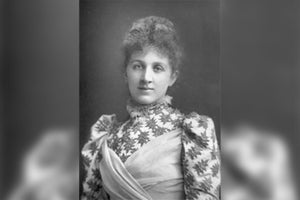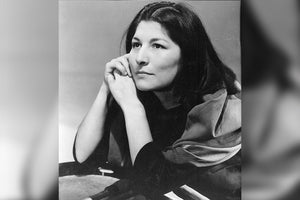Birthday July 14
Who was Kate Gordon?
Kate Gordon was an American suffragist and civic leader in the Southern United States who advocated for the right of women to vote.
Five Facts about Kate Gordon:
- Helped establish the first hospital in Louisiana for the treatment of tuberculosis
- Created the Era (Equal Rights Association) Club in 1896
- Co-established the Society for the Prevention of Cruelty to Animals
- Campaigned for a modern sewerage system in town
- Supported “state’s rights suffrage,” but opposed a federal amendment
Inspirational Quotes about Kate Gordon
“Southern suffragists, attempting to respond to the delicate nature of race relations in the South, found themselves divided over tactics and philosophy. And for Louisiana suffragists, divided meant conquered. Kate Gordon is both a cause and a symbol of the three-sided contest over women suffrage in the South.”
“She deserves credit for much of the strength of suffrage sentiment in the region, having spent 25 years working for the cause.”
Kate’s Biography
Her Family and Early Life
Kate was born in 1861 to Margaret (Galiece) and George Hume Gordon who were of high social standing in the community and staunch supporters of women’s rights. She had 2 sisters and 2 brothers.
Her younger sister, Jean and she were educated in New Orleans’ public schools, eventually graduating from a local female academy for “fashionable young ladies,” Miss Shaw’s Finishing School. Both became influential women in their city and state and spearheaded many community efforts. Kate and her sisters never married, lived together, and attended the local First Unitarian Church.
Her Mission and Work
Kate was progressive and felt it was her mission in life to advocate for women’s rights. Around 1896, she joined the New Orleans women's rights organization called the Portia Club. Later, with her sister Jean and other local women, she worked to establish the Era Club (Equal Rights Association Club).
Kate became active in the National American Woman Suffrage Association and served as its corresponding secretary from 1901 to 1909. While there was growing support for an amendment to the Constitution, Kate was an outspoken advocate for state’s rights suffrage, which was a controversial position, as an amendment would be able to protect all women, not just white women, which was Kate’s focus.
Between 1904 to 1913 Kate headed the newly formed Louisiana State Suffrage Association, a platform that aligned with her particular views concerning the suffragist movement.
Later, Kate organized the Southern States Woman Suffrage Conference and directed the 1918 campaign for woman suffrage in Louisiana, which was the first statewide effort in the American South and became editor of the group's official organ, the New Southern Citizen.
Through her civil career, Kate was asked to speak at conventions such as National American Woman Suffrage Association (NAWSA) in 1900 and the Kentucky Equal Rights Association's annual meeting in Louisville in 1911.
Other Community Interests
Kate embraced several worthy causes during her life. She directed much effort into establishing a hospital for tuberculosis patients, where she served as vice-president. She helped establish the Society for the Prevention of Cruelty to Animals. Plus, she founded the Travelers’ Aid Society, created the New Orleans Hospital and Dispensary for Women and Children, started a day nursery at Kingsley House, advocated for the admission of women to the medical school of Tulane University, and was superintendent of the Milen Home for Feeble-minded Girls for a year
In Conclusion of Kate Gordon
Her life was committed to activism and creating a better and more humane life for many in her city. She was outspoken and committed to social responsibility among women. She cared about reform in many areas and worked tirelessly to see her mission fulfilled.
Kate was a leader in her community and took on many different roles throughout her lifetime, giving each one her attention while still never losing sight of her purpose. Her focus was sharp and she was determined to reach all of her goals.
Whatever Kate set her hand to, she did not back down. She may not have championed for all women’s rights, but her work spurned action and made an impression in the fight for women’s equality.
Though she cared much about the rights of white women in the deep South, she did not support a national suffrage movement that would have equally protected black women. This is an unfortunate fact about her life and her work. Though we can see what she fought for, for the white women of Louisiana, it is important to realize that she kept her suffrage arguments centered around state’s rights, a conflicting move between race and women’s rights.
Kate died at the age of 71 on August 24, 1932, in New Orleans from a brain hemorrhage. She had lived a life that held her purpose.
![]() Fast Shipping
Fast Shipping![]() Subscribe to our Newsletter
Subscribe to our Newsletter![]() 🌟 New Global Competition 🌟
🌟 New Global Competition 🌟















